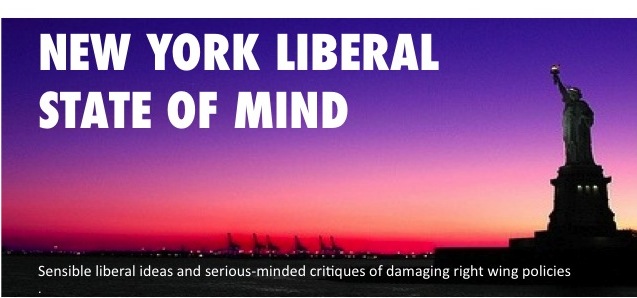Click here to compare the oil spill's size to your area. You'll need the Google Earth Plug In for this cheery exercise It's GIGANTIC!
The theorem itself is simple (luckily):
As a society grows more complex, its problems grow bigger and more difficult to solve.
The corollary is:
The experts who now try to head off problems are less capable than ever of being effective.
To cite one aspect of our precariousness, the same kind of utter destruction and chaos stemming from the Hundred Years' War took less than a decade during World War II. The next big war catastrophe will take what? Less than an hour?
Everything grows more compressed as history "progresses."
There have been oil spills as long as there have been oil wells. But now, quantities being extracted are in the mega-million barrel range; the most advanced techniques are more inexact; and the goo is transported by pipeline, ship, truck and rail across ten thousand disparate routes.
(One can easily overlay the oil spill analogy onto the Wall Street mess. Or the medical care mess. Or the immigration mess. Each industry only needs some specificity in tweaking.)
The first reaction is that our government is failing us, both on the theoretical, regulatory side and even more so on the physical enforcement side. But it is failing us on another level all together - the organizational side.
The system of regulation and prevention needs deconstruction first, then some rebuilding. This brings to mind the legend that Henry Ford was inspired to build his mass assembly plants by watching cattle carcasses being butchered by boners, each of whom had a specialty that they cut as the sides of beef kept moving along a production line. Deconstruct a problem, then reconstruct the new edifice.
There are roughly a half dozen oil producing regions in the United States, and another dozen or so ports that handle the bulk of oil imports. Then there are pipelines, refineries and storage facilities.
Instead of each of these regions and types of facilities falling under the single banner of the EPA and/or Interior and/or Commerce, each should have a commissioner and a commission with inspection and prosecutorial powers, as well as emergency injunction powers. These commissioners (and their teams) would act independently and be associated only with Federal Courts NOT inside their geographical jurisdiction.(Theoretically, the Gulf of Mexico's issues would be heard in Boston.)
Moreover, such injunctions could have a predetermined length of time - say 30 or 60 days - in which operations dangerous to the environment or workers (listening, coal mine operators?) are closed down or severely curtailed.
The commissioners and the members of his/her commission could not have voting members who have ever worked in the industry they oversee. (It is the height of madness to have former oil executives and engineers oversee environmental and worker safety in the oil drilling industry, for instance.)
In fact, it is crucial that ordinary, well-educated people from outside affected industries are appointed as watchdogs and not insiders. Could we do any worse with fresh thinkers?
Possibly there should be a set of incentives for such commissions in the form of bonuses. There should no doubt be a set of disincentives for these out-of-control industries that have ruined our natural and financial environment, our health care delivery system, and sent our immigration approach into free fall.
Somehow, we need to find a way to focus our expensive watchdog agencies on their real long-term missions. The old way simply is not working. We need new ideas and new systems of doing business, particularly when it comes to the environment and catastrophes that could effect the rest of human history. Meaning forever.





No comments:
Post a Comment